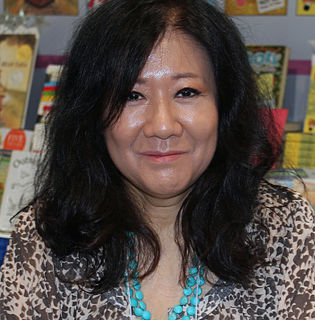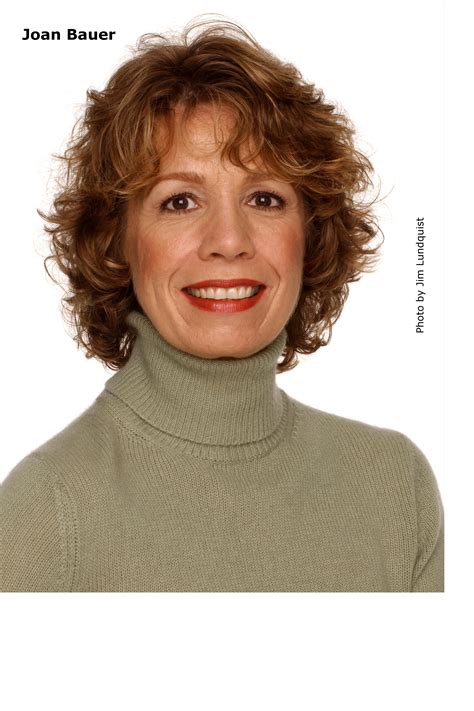A Quote by Cynthia Kadohata
You feel almost a part of the wheat when you're sitting in a combine.
Related Quotes
If you look at the list of the top wheat importers for 2010, almost half of them are Middle Eastern regimes: Egypt, Algeria, Iraq, Morocco, Yemen, Saudi Arabia, Libya, and Tunisia. Egypt is the number-one importer of wheat in the entire world. Tunisia leads the entire world in per capita wheat consumption. So it's no wonder that the revolutions began with Tunisians waving baguettes in the streets and Egyptians wearing helmets made of bread.
In the Middle East, bread is so essential to everyday life that word for it in Egyptian Arabic is aish, which means life. It's always been the staple grain. But the predicament is that the Fertile Crescent, where wheat cultivation began, has now become the part of the world most dependent on imported wheat.
After my first week of no wheat, my stomachaches were gone, my mucous cleared up, and I felt incredibly energetic. My headaches were also less frequent and less severe, and I had lost 3 pounds, most of it swelling and water weight my body had been holding onto as part of its response to the wheat products in my diet.




































